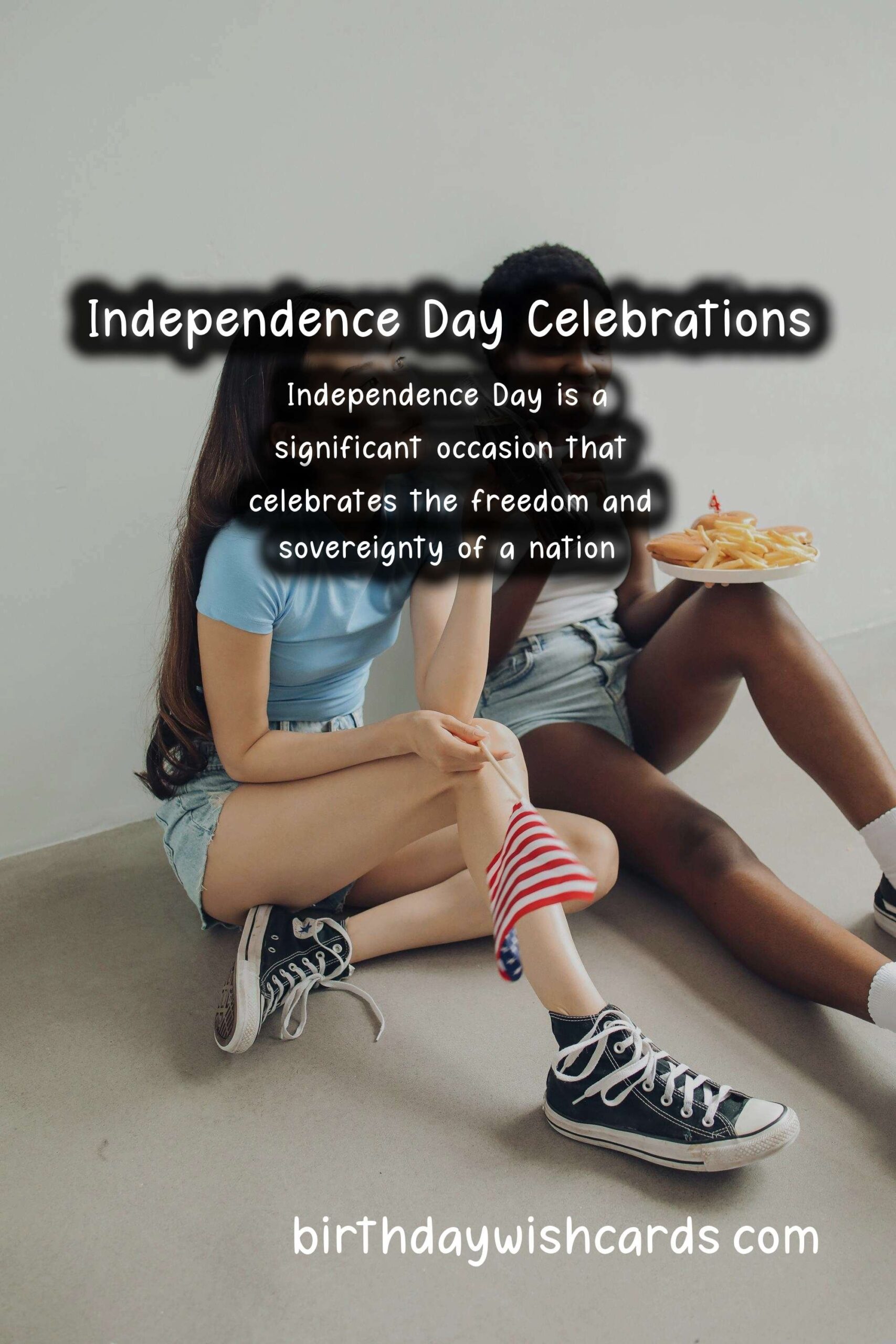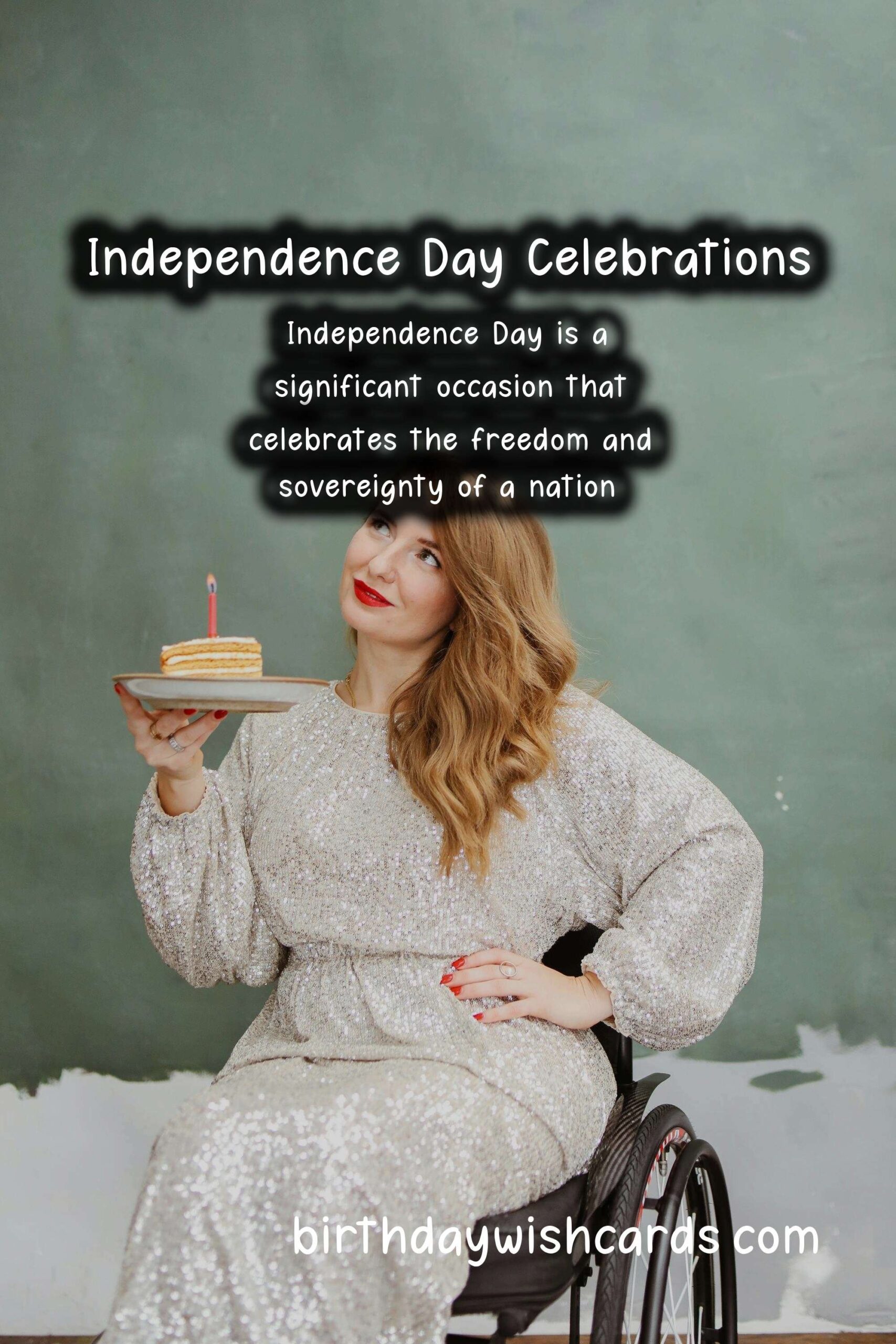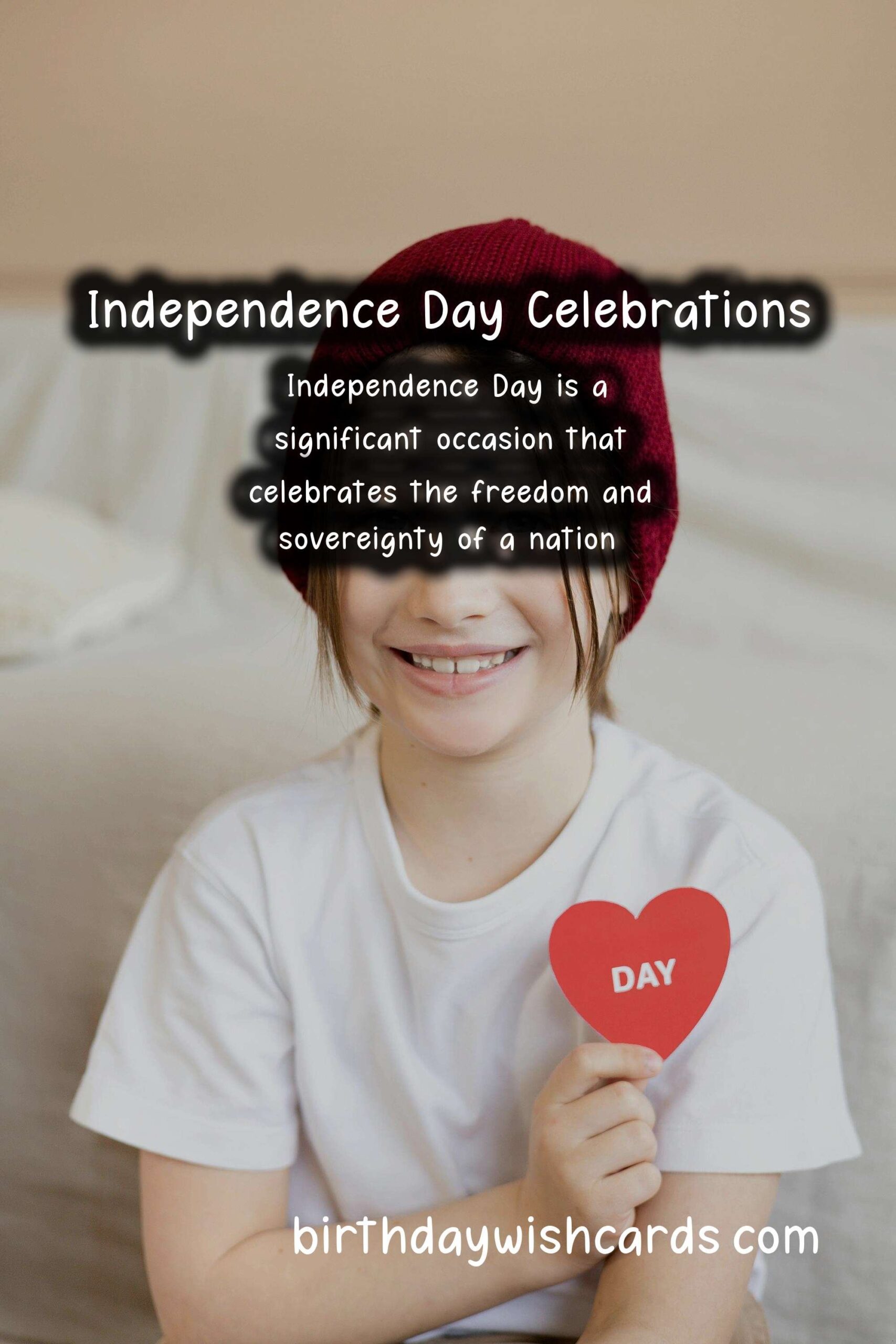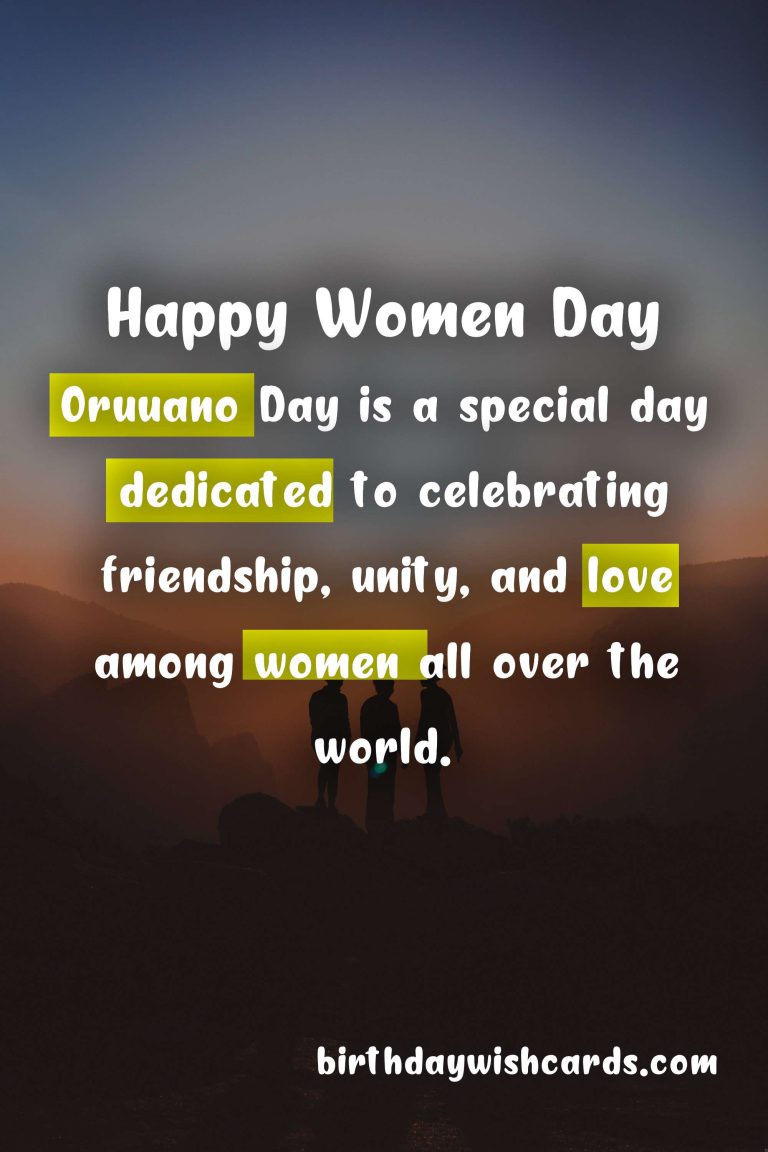Independence Day Rituals and Traditions Explained
Independence Day Rituals and Traditions Explained
Independence Day is a significant occasion that celebrates the freedom and sovereignty of a nation. Various rituals and traditions have emerged over the years, each representing the historical significance and values associated with independence. In this article, we will delve deep into the various Independence Day rituals and traditions, exploring their origins and meanings.
The Significance of Independence Day
Independence Day stands as a reminder of the sacrifices made by freedom fighters and the struggles endured by previous generations. It is a day filled with patriotic fervor, often marked by various celebrations and activities. Understanding the significance of the day helps in appreciating its traditions.
Historical Background
The celebration of Independence Day varies globally, as different countries gained independence at different times throughout history. For example, in the United States, July 4, 1776, marked the adoption of the Declaration of Independence, which proclaimed the nation’s freedom from British rule.
Common Rituals and Traditions
1. Parades
Parades are one of the most popular activities on Independence Day. Many cities host grand parades featuring floats, music bands, and performances highlighting the country’s heritage.
2. Fireworks Displays
Fireworks symbolize the joy and celebration of independence. Most countries have spectacular fireworks shows in the evening, lighting up the sky as a tribute to freedom.
3. Flag Raising Ceremonies
Raising the national flag is a common tradition that signifies national pride. In many places, ceremonies are held with speeches, singing, and the pledge of allegiance.
4. Family Gatherings and Barbecues
Independence Day is often celebrated with family gatherings, picnics, and barbecues. These gatherings emphasize the community spirit and family unity.
5. Cultural Performances
Cultural presentations and performances showcasing traditional dances, songs, and plays narrating historical events are also significant in the celebrations.
Regional Variations
Different regions often adapt their rituals and traditions according to local customs and cultures. While some may emphasize military parades, others may focus on cultural festivals that include local dance and music.
The Role of Social Media
In recent years, social media has played a crucial role in highlighting Independence Day celebrations. Hashtags and photo-sharing allow individuals to share their experiences and connect with others celebrating the same values.
Conclusion
Independence Day is a time for reflection, celebration, and appreciation of freedom. The various rituals and traditions associated with this day remind us of the importance of unity, patriotism, and appreciation for the sacrifices of past generations. By participating in these traditions, we honor our heritage and reinforce our commitment to the values of freedom and democracy.
Independence Day is a significant occasion that celebrates the freedom and sovereignty of a nation.
Parades are one of the most popular activities on Independence Day.










#IndependenceDay #Patriotism #Freedom #Traditions






